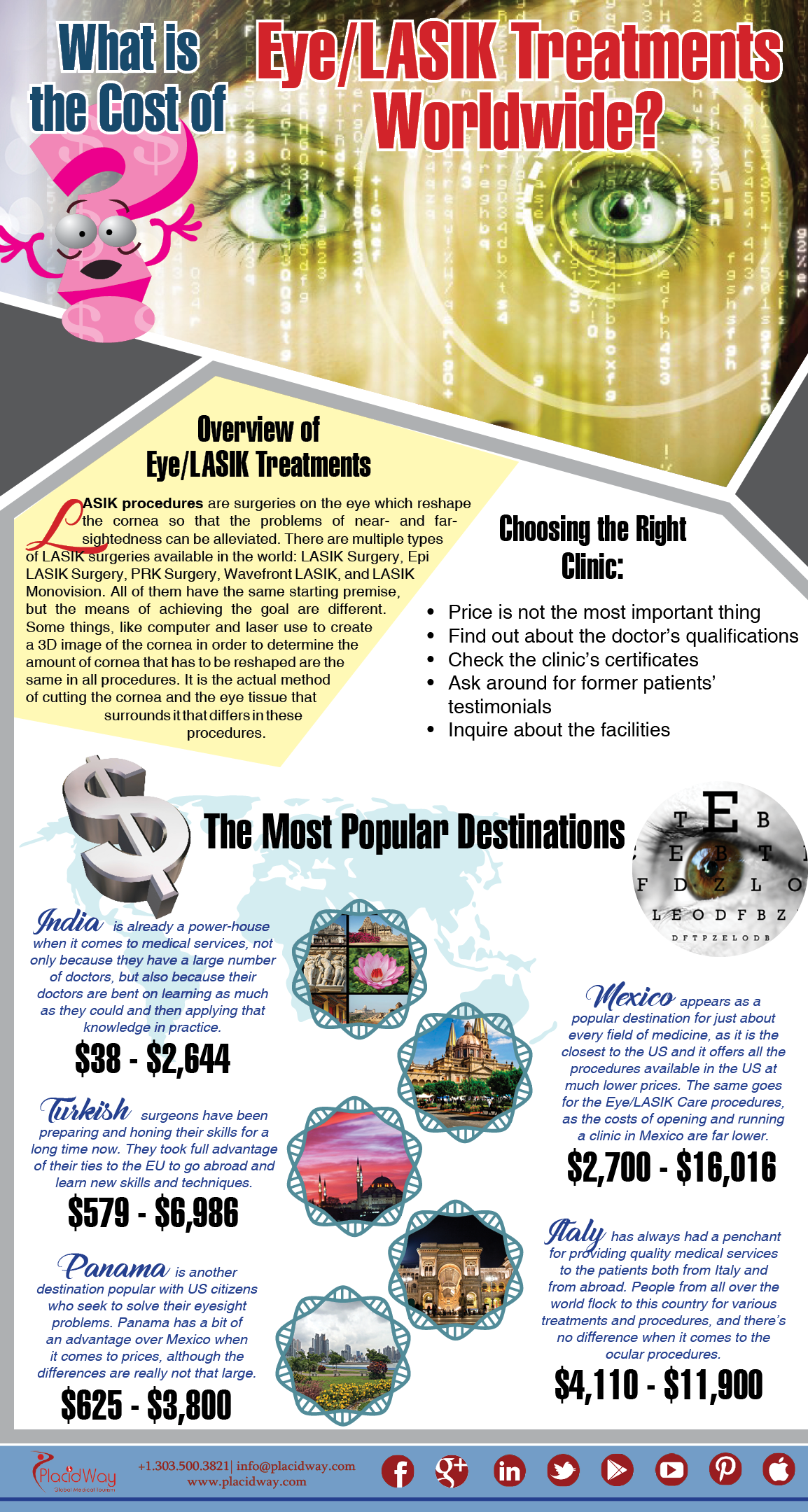Refractive Lens Exchange: An Extensive Guide To Enhanced Vision
Refractive Lens Exchange: An Extensive Guide To Enhanced Vision
Blog Article
cataract surgery did not improve vision -Gibbs Kessler
If you more than 40 and battling with vision concerns like hyperopia or myopia, Refractive Lens Exchange (RLE) might be worth considering. This treatment changes your natural lens with an artificial one, potentially lowering your dependancy on glasses. While the advantages are appealing, it's crucial to recognize the dangers and eligibility needs. What should you recognize before making a decision that could change your vision forever? Let's discover this subject additionally.
Recognizing Refractive Lens Exchange
Recognizing Refractive Lens Exchange (RLE) can be important for those taking into consideration vision modification options.
RLE is a procedure that changes your eye's natural lens with a man-made intraocular lens. It's mostly targeted at fixing extreme refractive errors, such as hyperopia, nearsightedness, or presbyopia.
Throughout the procedure, your cosmetic surgeon will eliminate your over cast or clear lens and replace it with a lens tailored to your vision needs. This choice is commonly taken into consideration for people over 40 that may not appropriate candidates for LASIK.
By choosing RLE, you're not just improving your vision; you're additionally possibly minimizing your dependancy on glasses or get in touch with lenses.
Understanding exactly how RLE jobs will certainly empower you to make informed choices concerning your vision health and wellness.
Perks and Threats of RLE
Choosing RLE not just offers a possibility to improve your vision however also includes its own set of benefits and threats.
cataract surgery under topical anesthesia is the potential for more clear vision, reducing or eliminating your dependence on glasses or get in touch with lenses. You may also experience a wider range of vision, especially if you choose multifocal lenses.
Nonetheless, there are threats entailed, such as infection, issues during surgical treatment, or frustration with the outcomes. Some patients experience visual disruptions like halos or glow.
It's important to consider these benefits and risks meticulously. Consulting with https://www.ophthalmologytimes.com/view/ida-creating-challenges-for-ophthalmologists-patients can assist you make an enlightened decision that lines up with your vision goals and way of living.
Eligibility Criteria for Refractive Lens Exchange
Before considering Refractive Lens Exchange (RLE), it's critical to establish if you meet the eligibility criteria. Normally, you're an excellent candidate if you more than 40 years of ages and have a steady prescription.
You must also be experiencing refractive errors like myopia, hyperopia, or presbyopia. It is necessary to have healthy and balanced eyes with no considerable conditions, such as cataracts or glaucoma.
Additionally, you should be in great overall wellness and not have any kind of problems that could influence recovery, like uncontrolled diabetes mellitus. If you use contact lenses, you may require to quit wearing them for a while before your assessment.
Consulting with an eye care professional will certainly help you comprehend your certain circumstance and whether RLE is right for you.
Final thought
To conclude, refractive lens exchange can change your vision and reduce your dependence on glasses or get in touches with. While it uses countless benefits, it's essential to understand the dangers and guarantee you fulfill the eligibility standards. Consulting with an eye treatment professional will help you make an informed choice tailored to your demands. If you're considering RLE, make the effort to explore your alternatives and review any kind of problems, leading the way for clearer, a lot more lively eyesight.
